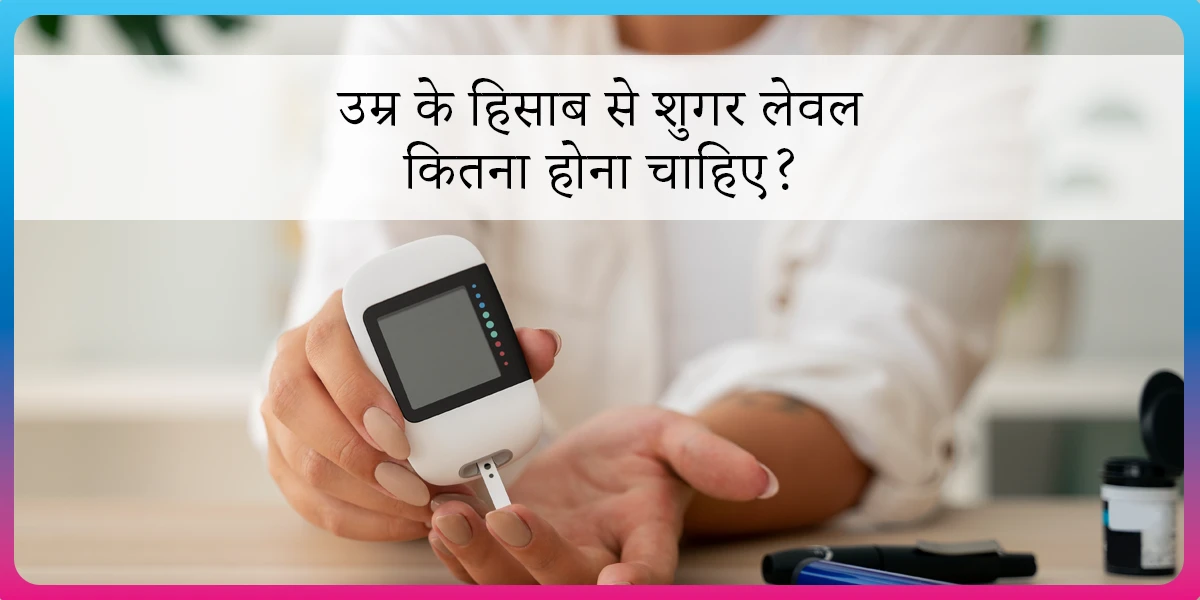5 Ways to Avoid Diabetes Nephropathy (Kidney Disease)

About 1 out of 3 adults with diabetes suffer from kidney disease. According to the International Diabetes Federation, 40% of patients with diabetes will eventually be diagnosed with diabetes kidney disease (DKD), or what your doctors may call “diabetes nephropathy.”
It doesn’t end there. DKD leads to kidney failure, treatment with dialysis, and in very severe cases, may even lead to kidney transplantations.
But don’t let these numbers scare you! If you or a loved one is battling diabetes, you can arm yourself with the right information and find ways to reduce your chances of kidney disease in the future.
Before we look at ways to avoid kidney disease due to diabetes, let’s first address the most common questions about DKD.
What is Diabetes Nephropathy?
Did you know that your kidneys have an effective system that clears toxins from your body through urine? They filter blood to remove these waste materials and excess water from your system. They also help control blood pressure and produce essential hormones to maintain overall health.
What Causes Diabetes Nephropathy?
With diabetes, the sugar levels in your blood remain consistently high. This damages the small vessels (microvessels) in your kidneys, which damages the filtration system.
When the kidneys stop filtering the blood as they should, the excess waste and water start building up in your body. This damage may worsen over the years, especially if your sugar levels remain high.
Eventually, it leads to end-stage kidney disease (end-stage renal disease – ESRD) and kidney failure. As the kidneys stop working, they also stop regulating blood pressure. This, in turn, increases your risk of hypertension (high BP) and heart disease.
Don’t struggle alone & get the expert care you deserve
Is Diabetes Nephropathy Reversible?
Unfortunately, the damage caused to the kidneys cannot be reversed or cured. However, by taking the right steps, you can prevent the disease from getting worse.
Now that we understand the basics of the disease, we can look at five ways to identify, prevent and improve your chances of dealing with diabetes nephropathy.
Here are five tips that may help with Diabetes Nephropathy
1. Check if you are at risk for diabetes kidney disease
Diabetes nephropathy does not happen overnight. Several years of exposure to uncontrolled sugar levels and various lifestyle behaviors can leave you more susceptible to kidney damage.
A few risk factors that contribute to diabetes kidney disease include
- Smoking
- Drinking large amounts of alcohol
- Obesity and overweight,
- High salt and high-fat diet.
These, in turn, lead to uncontrolled blood sugar and unchecked blood pressure levels.
So, as part of your medical checkups or during a visit with your diabetologist, keep an eye on the following parameters:
-
Weight and body mass index:
Ensure that your body weight is within the normal expected range when compared to your height.
-
Glycosylated hemoglobin (HbA1c) levels:
This test measures your blood sugar levels over the previous three months. A high A1C number means that your blood sugar levels have increased during the past three months, which puts you at risk of further complications.
-
Blood pressure:
High blood pressure leads to stressed blood vessels, resulting in diabetes nephropathy. If your blood pressure seems to increase over successive visits, you may need to start treatment for hypertension and improve your lifestyle habits to maintain your blood pressure.
-
Meal plan:
As with any disease, your diet plays a major role in its progression. People with diabetes need a structured meal plan that adheres to daily energy requirements. You may want to consult a trained nutritionist to look over your diet and make healthier changes for your kidneys.
Check for other complications associated with diabetes:
- Peripheral vascular disease: Painful leg cramps, cold and numb hands and feet
- Coronary artery disease: incidents of chest pain, breathlessness, or changes on ECG
- Diabetes retinopathy: blurred vision or worsening eyesight
- Diabetes neuropathy: tingling numbness in the hands and feet
2. Keep an eye out for early symptoms of diabetes kidney disease
There are no early signs of diabetes kidney disease at first. However, as time goes by, patients can start showing the following symptoms:
- Fatigue
- Nausea and vomiting
- Loss of appetite
- Fluid retention (swelling of hands, feet, and face)
- Foamy urine if the urine protein greater than 3.5 g per day
- Dry, itchy skin
3. Visit your doctor for regular health checkups
With chronic conditions like diabetes nephropathy, the earlier you catch it, the better your chances are of controlling it. If you have been recently diagnosed with type 2 diabetes, check yourself for kidney disease at least once a year.
Common tests that may help to identify early signs of DKD are
- Serum creatinine
- BUN (blood urea nitrogen)
- Urine albumin and total protein levels
- Urinary albumin-to-creatinine ratio (UACR)
- Estimated glomerular filtration rate (eGFR)
- Creatinine clearance rate
A precise diagnosis of diabetes nephropathy is usually made by evaluating the levels of a protein called albumin in the urine.
- Persistently high levels of albumin (albuminuria), > 300 mg/24 hours
- The levels are checked in early morning urine samples on two or more occasions, separated at least by three months
- Doctors would make the diagnosis after ruling out urinary tract infection as the cause of increased proteins.
4. Take all your medication regularly
Stick to the medication plan drafted by your doctor. Fluctuations in your medicines will affect your sugar levels and blood pressure control and may worsen your kidney health.
Recently, new clinical trials have demonstrated that certain medications get good results in people with diabetes who also have kidney disease. In addition to controlling blood sugar levels, they also improve kidney function, slow the progression of DKD and prevent heart disease.
Glycemic control in type 2 diabetes can be achieved using the following drugs, as per the 2022 ADA and KIDGO guidelines:
- Metformin may be given when eGFR ≥30 ml/min per 1.73 m2
- SGLT2i or Glucagon-like peptide one receptor agonists should be used when eGFR is ≥20 ml/min per 1.73 m2
- Renin-angiotensin system (RAS) inhibition is recommended for patients with albuminuria and hypertension.
If you are diagnosed with an end-stage renal disease where your eGFR is 10-15 ml/min, the kidneys may be too damaged. Lifestyle measures and medications may not be enough to stop the progression of kidney failure.
Your treatment options may include regular dialysis sessions or even a kidney transplant.
4. Reduce your stress levels
Try to stay optimistic about your condition. High-stress levels ultimately lead to high blood pressure levels, which has a direct impact on your kidneys. Deep breathing, meditation, and yoga are a few ways to calm yourself when you feel overwhelmed dealing with the ups and downs of diabetes.
Conclusion
When dealing with a chronic condition like diabetes, it is clear that a “one size fits all” model doesn’t work. Every person dealing with diabetes may have different complications arising from the condition.
People with DKD have to look after their blood sugar levels, heart health, and kidney condition. Personalized treatment plans are the need of the day, and one of the most effective ways of delivering customized care to people with diabetes is through digital therapeutics.
Fittertake
The earlier you can identify DKD and slow the progression of kidney disease, the more control you will have over your condition and quality of life. This is where Fitterfly comes in!
Our programs help you make behavioral changes that last a lifetime to break free from the chains of metabolic disorders that lead to kidney disease.
This is why Fitterfly has launched India’s 1st Metabolic Health Challenge called Metamorphosis. You can find out more about our smart, personalized, clinically validated & digitally led 90-day programs, linked here – https://www.fitterfly.com/
This blog provides general information for educational and informational purposes only and shouldn't be seen as professional advice.
Don’t struggle alone & get the expert care you deserve













